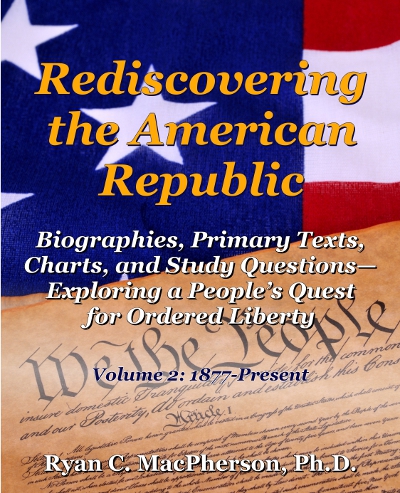Editor’s Note: This article was submitted from a resident of the western United States, where the impact of COVID-19 is far different than in the 30 urban counties (1% of all counties) that present half of the nation’s confirmed cases and an even higher percentage all deaths.
Borders separate, but they also are meant to be crossed. Borders do not prevent crossing. Borders just mark a change of circumstances for those who cross. The impact of that change can be just as great when crossing is permitted as when crossing is forbidden.
I know, for I have crossed the COVID-19 boundaries legally.
I reside in a state where the governor has declared that churches are “non-essential.” An executive order forbids churches from holding any kind of public service whatsoever.
Bordering my state is another state, where that governor has declared that churches may hold services if only they make reasonable efforts to follow health guidelines: social distancing for all, plus hand sanitizer and face masks for those who desire them.
And so, one Sunday morning, I crossed the border and attended church. The sanctuary was at about 20% capacity. Some, but not all, wore masks. Everyone social distanced. No one shook hands. The pastor exercised great care in the distribution of Holy Communion. The Health Department would be have been proud to see it, and the pastor and members were delighted to have me visit.
Afterward, I returned to my home state. Upon crossing the border, I passed a liquor store. A customer was walking in, perhaps to buy wine. Wine can be purchased in a liquor store on a Sunday morning in this state, and bread can be purchased on a Sunday morning from a grocer in this state, but neither bread nor wine can be received with God’s blessing in a church in this state. For that kind of bread and wine—Holy Communion—I had to cross the border.
Later in the week I conducted what the governor would deem “essential business” on the sovereign homeland of a chief and his wife, the medicine woman. For their people, the traditional greeting requires that people come closer together than six feet. So I wondered: Should I social distance myself from them because the white chief of my homeland tells me to do so? Or, would that offend their culture?
More than culture is at stake, and more than health and safety. There also is a question of political sovereignty. Who has a right to decide who must social distance and where?
Maybe I should self-quarantine upon returning home, for to travel to another people’s sovereign land is like leaving the country, right?
Should I also have self-quarantined upon returning from the church within a neighboring state of my own nation?
Do you self-quarantine after buying bread and wine from your local marketplace, which doubtless has more people, crowded closer together, touching more objects in common, than the rural church I attended at the end of a dirt road, or the sparsely populated homeland of the chief?
I have crossed boundaries, yes, but I am not the only one.
We all have crossed a boundary of thought: we have changed the way we view our world, our neighbors, and ourselves. We have learned to fear disease, to idolize government, and to regard all of our neighbors as a threat, most especially when they do things that one of the white chiefs calls “non-essential,” such as attending church.
By crossing this boundary of thought, Americans have left their constitutional homeland even while sheltering in place.
The question is: How can we find our way back?


